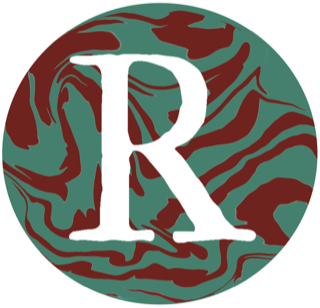I know that I sometimes become quite exercised by what I think of as imprecise use of words. There is a phrase doing the rounds at the moment which I regard as pernicious and even quite dangerous.
“Getting back to normal”
When what is meant is, a return to a previous usual. For about 18 months before March 8, 2020 I spent an inordinate amount of time travelling for work – and it was exhausting. It had become usual and, after 5 months of working from home, I have no wish to return to that.
Usual – normal – natural
I think of this diagram as an explanation of the ways in which these three words have become synonymous in quite problematic ways.
The OED defines Normal in the following way: “according to or squaring with a norm; constituting, conforming to, not deviating or differing from a type or standard”. Which carries, it seems to me, an element of inevitability. Having achieved the norm, any change from that is a deviation.
Hence the underlying connection to Natural -“instinctively felt to be right and fair”, “innate”. Hence, also, the wish to return to normal.
Except, of course, normal wasn’t. It was just usual -“in ordinary use or observance; commonly observed or practised; current, customary”. In which there is an emphasis on custom, rather than instinct. It developed from somewhere (else) and therefore could evolve into something else.
The importance of historical thinking is that it allows us to see the present as a construction. As something made, and therefore as something that could be un-made.
That is why, I think, there are forces at work to persuade us that the usual of February 2020 was normal, natural, inevitable, and therefore something to which we should return as quickly as possible.
Which raises three thoughts for me.
First, that one of the lessons we might have learned from the last six months is that it is possible to change social behaviour swiftly and to good purpose. Which is an optimistic thought to hold onto when confronting the enormity of climate change and the urgent need for our present social structures to change. Notwithstanding that the subsequent bungling and almost deliberate spreading of confusion by various governmental institutions has seriously undermined this positive development.
Second, that the language we use is a crucial shaper of the way we interact with the world. And therefore dictionaries are useful tools for thinking.
Third and last; what was so marvellous about the ‘old normal’ that we would want to go back there?
As Derek Jarman once said, when told that heterosexuality was normal. “No,” he replied, “it’s just common.”

Good post! I rather liked the pre-“new”-“normal” myself. The maskless self was a triumph of expression, if you will. And then I think, spurred on by your blog, we sure do love the “new” as much as the “normal” which when you think it is a little paradoxical. Make it new, cried Ezra. Make it normal, cry the voices-that-be. Somewhere wedged in between those labels are we, trying to sort ourselves out.
Let us not go looking for a ‘new normal’ or an ‘old ordinary’….But just savour the sunlight of today.